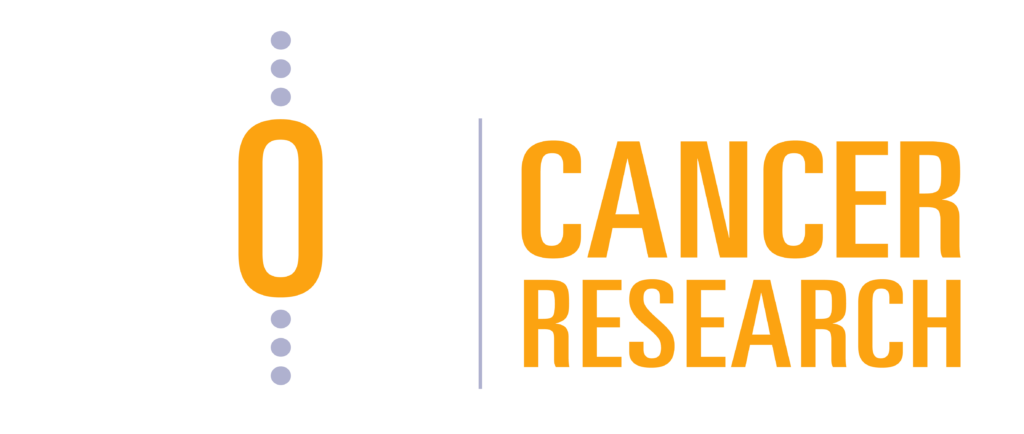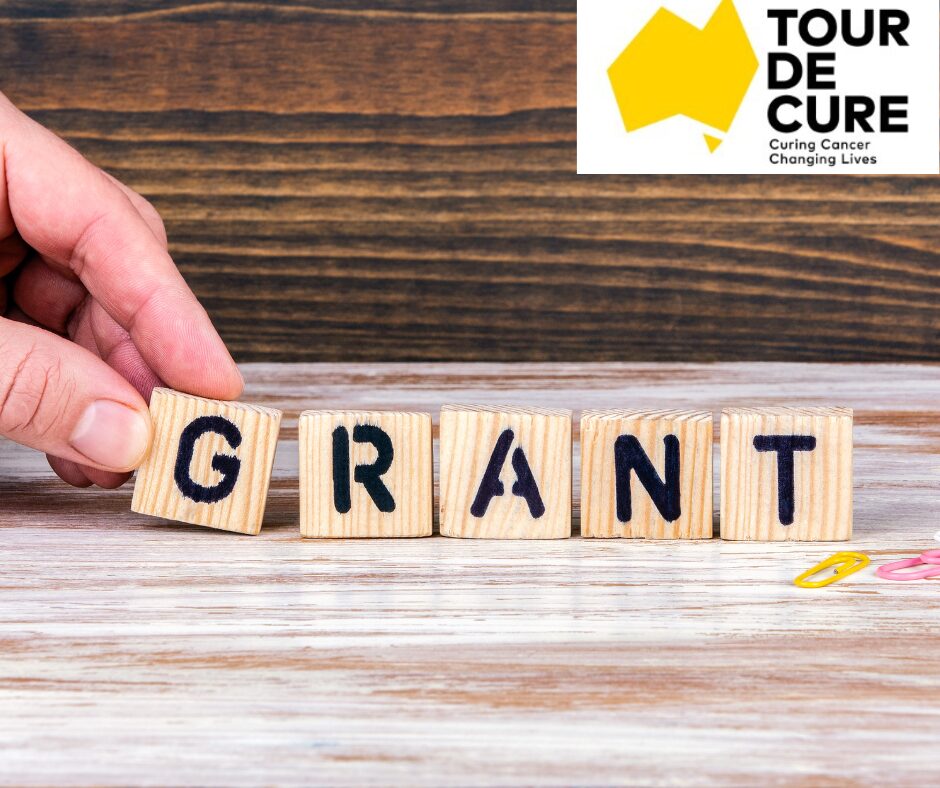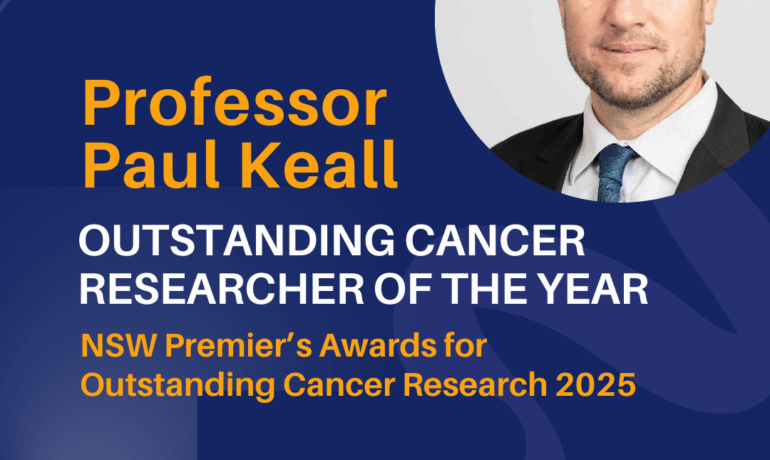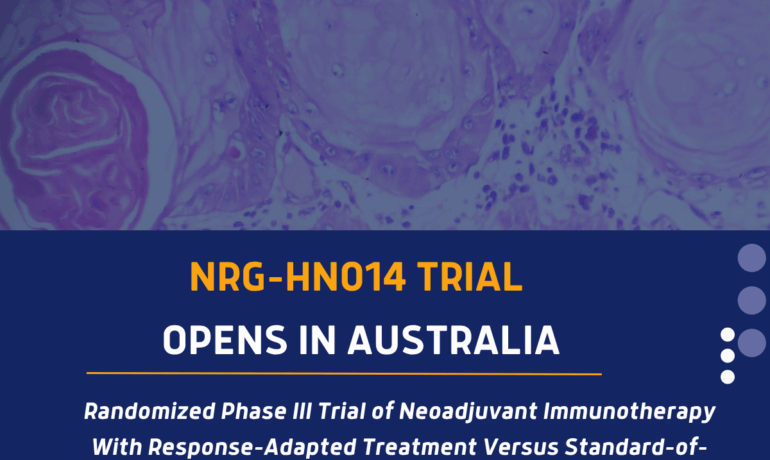9 January 2025:
Two important TROG Cancer Research trials investigating liver cancer and brain metastases resulting from other advanced cancers are set to progress to the next level, after successfully gaining a total of $250,000 in grants from the Tour de Cure cancer charity.
Tackling hepatocellular cancer
The TROG 21.07 – SOCRATES HCC study, a randomised controlled trial of standard of care compared with radioablation in early-stage hepatocellular carcinoma (HCC) – a cancer of the liver – was awarded a $200,000 grant.
Every year, HCC claims thousands of lives and its incidence is rising in Australia, with cases increasing by almost eight-fold in the past 40 years. While curative surgical options are recommended for early-stage HCC, most patients are not eligible for surgery. Instead, they are often faced with difficult treatment choices (such as thermal ablation or embolisation) which can be invasive, risky, or only partially effective.
Led by Chief Investigator Professor Alan Wigg from Flinders University in Adelaide, the groundbreaking SOCRATES HCC trial aims to determine whether the advanced radiation therapy technique, stereotactic ablative body radiotherapy (SABR), can offer a safer, more effective treatment for early-stage HCC.
Since October 2022, the trial has recruited more than 70 patients from across Australia, but it aims to recruit a total of approximately 200 participants to provide valuable evidence on the new therapy.
The funding grant will enable the trial to expand its outreach and extend patient recruitment by an additional year to October 2026, ensuring it can gather the vital evidence that is needed about the use of SABR therapy in this form of cancer.
“By supporting the SOCRATES trial, Tour de Cure is helping support a new era of treatment for liver cancer. The trial will provide the vital evidence that we need to make this innovative form of therapy accessible to Australians who need it, as well as having the potential to change the future of liver cancer care globally,” Prof Wigg said.
Managing brain metastases
The second Tour de Cure grant of $50,000 will support progression of the TROG 23.02 SMART trial, which is currently being established to compare single and multi-fraction pre-operative stereotactic radiosurgery (pre-SRS) for patients with brain metastases.
In patients with advanced cancers that have spread to the brain, traditionally, SRS has been administered after surgery to the area where the cancer was removed, to help prevent it recurring. A new technique that is becoming standard of care involves giving one dose of SRS to brain metastases before surgery, to reduce the radiation dose to normal brain tissue and kill cancer cells before surgery.
However, in patients that don’t have brain surgery, it has been shown that when SRS is given in three smaller doses instead of one, it may further improve chances of controlling the cancer and reducing the incidence of radionecrosis.
The SMART trial, led by Dr Neda Haghighi from the Peter MacCallum Cancer Centre in Melbourne, will provide high quality data about whether giving one dose or three smaller doses of SRS (multi-fraction SRS) prior to surgery provides better outcomes for patients with brain metastases.
The trial has potential to be practice-changing, not only for Australian neuro-oncology centres, but will support the evidence being generated around the world about optimal radiation therapy techniques for managing brain metastases.
“This trial is the natural next step in optimisation of pre-SRS paradigm. To our knowledge, SMART will be the first trial globally to compare the two fractionation schedules and may be practice changing for the group of patients who require surgery as part of the management of their brain metastases,” Dr Haghighi said.
“A TROG trial framework will have significant impact on a national level and assist with design of workflow within the radiation oncology and neurosurgical departments as well as education of staff, peer review and appropriate patient follow up and care.”
Congratulations to both trial research teams on securing these vital grants to further their work.
Read about all our trials here.
Related Post
TROG Member Prof Paul Keall’s innovative research recognised in two Premier’s Awards
LATEST NEWS; 26 November 2025 Medical physics researcher and
TROG collaboration sees international skin cancer trial open in Australia
LATEST NEWS: 23 October 2025 TROG Cancer Research has




